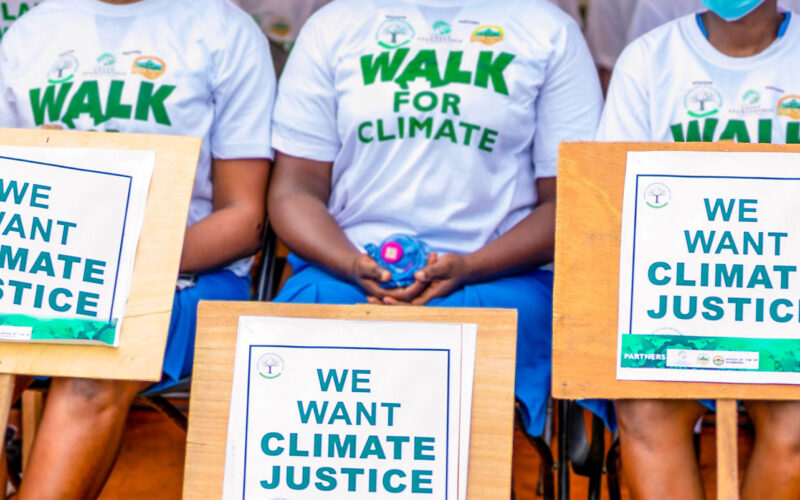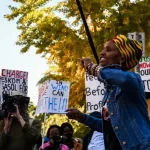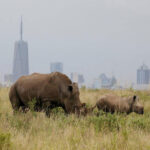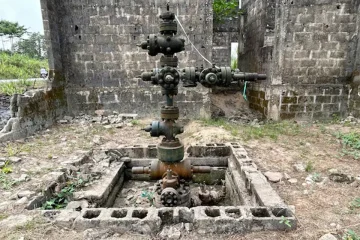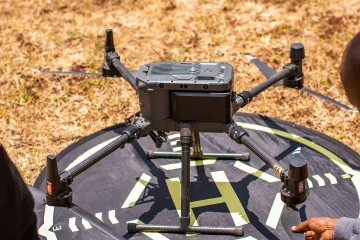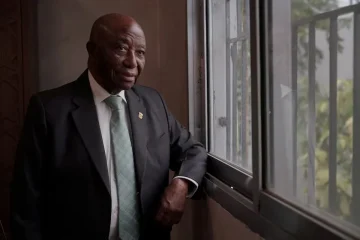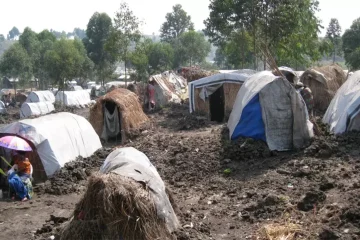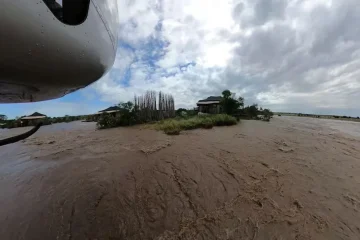MORE Africans are turning to the courts, demanding climate justice, and holding governments and corporations accountable.
The latest UNEP report reveals a considerable rise in global climate litigation, from 884 cases in 24 jurisdictions in 2017 to over 2000 cases in 65 jurisdictions in 2022.
According to Inger Andersen, Executive Director of UNEP, the rate of growth is rapid, with assessments showing “there is seemingly a new case every week,” he explains.
While the majority of lawsuits – 1522 cases, representing about 70% of all lawsuits – hailing from the US, the proportion outside the US has climbed from 26% to 30% in the last five years.
In Africa, while only constituting 2.3% of global cases, the continent has more than doubled its numbers, from 10 cases in 2017 to 24, now. Leading the charge is South Africa with nine cases, followed by Kenya, Nigeria, and Uganda, each with two active climate cases.
Countries like Ghana, Cameroon, Tanzania, Senegal, Côte d’Ivoire, Morocco, Zimbabwe, Zambia, and Mozambique have reported at least one climate litigation.
Notably, some cases have been filed at the regional level, such as the 2020 case by four civil society organizations against the governments of Tanzania and Uganda in the East African Court of Justice, seeking to halt the construction of the East African Crude Oil Pipeline.
Bright Nkrumah, a scholar-activist at the Global Change Institute at the University of the Witwatersrand, underscores the growing urgency.
“The Paris Agreement mandates all state parties, but compliance has been marred by delays and inaction, prompting the quest for justice from courts,” he explains.
From children to activist groups, diverse individuals are filing these lawsuits. However, in Africa, the majority target governments rather than private corporations.
A 2022 report by the Center for Climate Change Economics and Policy highlights that cases holding fossil fuel exploration accountable are most prevalent in Africa.
Anticipated trends in global climate litigation include a surge in cases involving migrants, internally displaced people, and asylum seekers forced to relocate due to climate change impacts.
Given Africa’s significant exposure to climate change effects, the continent is expected to witness a surge in new lawsuits, potentially led by the burgeoning youth climate activist groups.
As more companies commit to net-zero targets, questions will arise about their implementation. Furthermore, legal frameworks and laws guiding climate litigation are increasingly established in many African countries, setting the stage for a rise in lawsuits for climate-related offences.
South Africa’s Climate Change Bill which was recently amended by the Portfolio Committee of Forestry, Fisheries, and Environment in September, will create a robust legal framework for climate action in the country once passed into law.
The committee chairperson, Ntibi Modise, describes the bill as one that will “ensure environmental compliance in the context of climate change debates currently happening around the globe.”
Other countries, such as Nigeria, Uganda, and Ghana, signed into law climate change frameworks in 2021, providing more pronounced paths to anyone seeking justice in the realms of climate and environmental offences.
The Climate Change Laws of the World database lists and classifies more than 2860 climate-related laws and policies in force around the world.
In Africa, the World Bank identifies 49 climate laws embedded as part of countries’ Nationally Determined Contributions commitments as of 2019.
In March, the UN passed a groundbreaking resolution urging the International Court of Justice to delineate nations’ obligations to safeguard Earth’s climate and the legal ramifications if they fail to do so. Such emerging issues are poised to shape future litigation globally.
Nkrumah predicts that youth will predominantly drive future litigation, particularly in South Africa.
“Despite this optimism, however, four practical barriers might threaten young people’s pursuit of climate justice through courtrooms,” he explains.
These include the formidable financial resources of the energy sector, potentially exerting influence; the limited resources of the youth; the protracted nature of litigation; and insufficient awareness regarding rising emissions.

